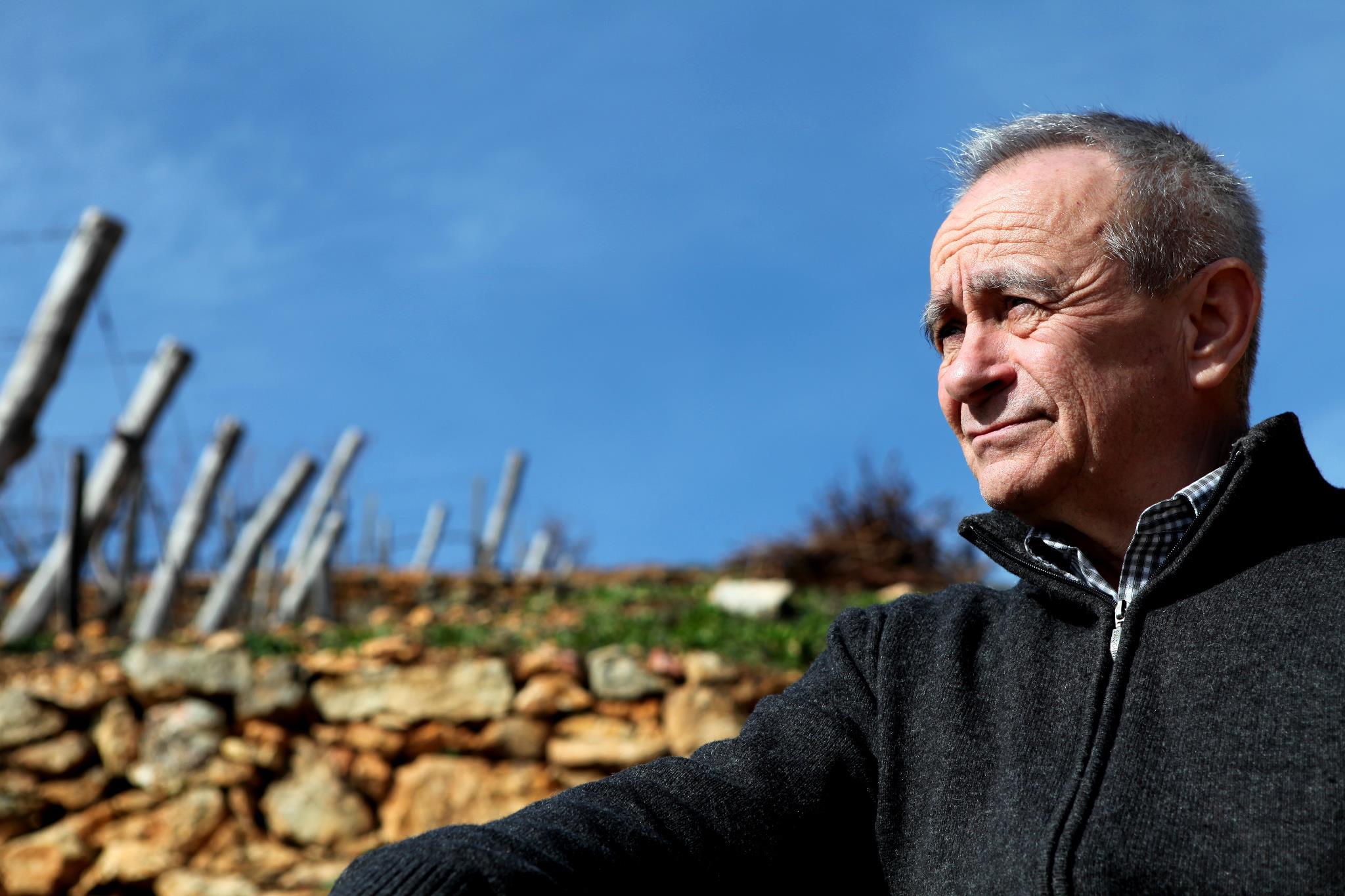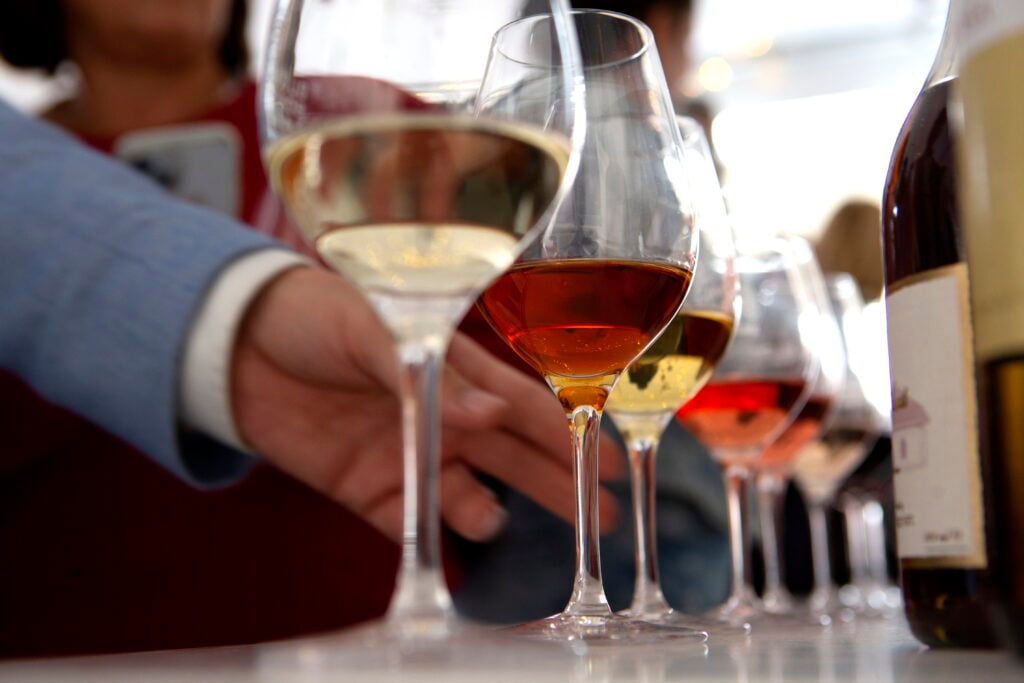Climate change is real, and we are feeling it this summer. Not that long ago, climate change was a topic hotly debated by scientists and environmentalists, but largely ignored by most people. The average Joe probably saw that there was a bit less snow around Christmas, but otherwise did not notice its more serious effects. This summer’s sweltering temperatures have brought global warming into everyone’s minds, as Europe and the rest of the world bake under the July sun. While we have not yet surpassed the 2007 heat wave in terms of record temperatures in Hungary, nobody can deny that the heat is borderline unbearable.
Over the last half century, heat waves have become more and more common in the Carpathian Basin. They are hotter, longer, and more severe than they were 50 years ago, and scientific models predict that this heat waves will only become worse in the future.
Winters will continue to become shorter, and spring will give way early to hot and dry summers. Another important statistic regarding the Carpathian Basin is the dramatic decrease in precipitation, the two regions with the largest increase in drought frequency and duration since 1990 are the Mediterranean region and the Carpathian Basin. Based on the changes we have already experienced so far, and the predicted future trends, Hungary could potentially become one of the hottest and driest countries in Europe.
Other than simply making life miserable by forcing us to sweat like animals, climate change has significantly affected, and will continue to have an effect on agriculture. Hungary has a large agricultural industry, meaning that the Hungarian economy is exceptionally vulnerable to the aforementioned temperature increases and drought. For example, many agricultural products in Hungary have not required manual watering in the past. With decreasing precipitation, certain plants will have to be watered to prevent them from withering. This will put a strain on the water supply and also increase costs for farmers.
Viticulture is one of the agricultural sectors that is most vulnerable to climate change. As temperatures increase, the area suitable for growing wine grapes shifts northward.
Places like England and the Netherlands that were previously unsuitable for growing large quantities of high-quality grapes will become wine paradises. But many famous and historical vineyards in France, Italy, and elsewhere around the world may lose between 25-75% of their wine production.
The Hungarian wine industry will, for the most part, escape the effects of climate change in the near future. However, constant decreases in rainfall will eventually force vintners to start watering their crops, increasing the cost of producing a bottle of Hungarian wine.
By the end of this century, the wine topography of Hungary will have completely changed, with the wine regions currently located in the south of the country having moved to the north.
There are certain wine regions that are especially susceptible to these predicted temperature changes, such as Eger and Tokaj in Northern Hungary. Both have specific microclimates that are, on average, cooler than the rest of Hungary. These microclimates are excellent for growing the special grapes required to make unique Hungarian wines, like Egri Bikavér and Tokaji Aszú. If these microclimates change, becoming hotter and dryer, then the special grapes required for these wines will no longer be able to grow. Vintners in Tokaj are already adapting to climate change by switching to grapes that are better suited to the new temperatures. These new grapes are being used in the production of dry white wine, to the detriment of the region’s quintessential sweet wines.
Wine is but one example of the many industries in Hungary that will be severely affected by climate change. If we want to maintain our unique Hungarian wines, the same wines that we have made for centuries, then immediate action is needed to build a greener, more sustainable Hungary. If we do nothing, the sweet wines of Tokaj may become nothing more than a memory.
Featured photo illustration by Tamás Sóki/MTI



